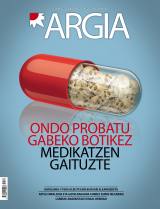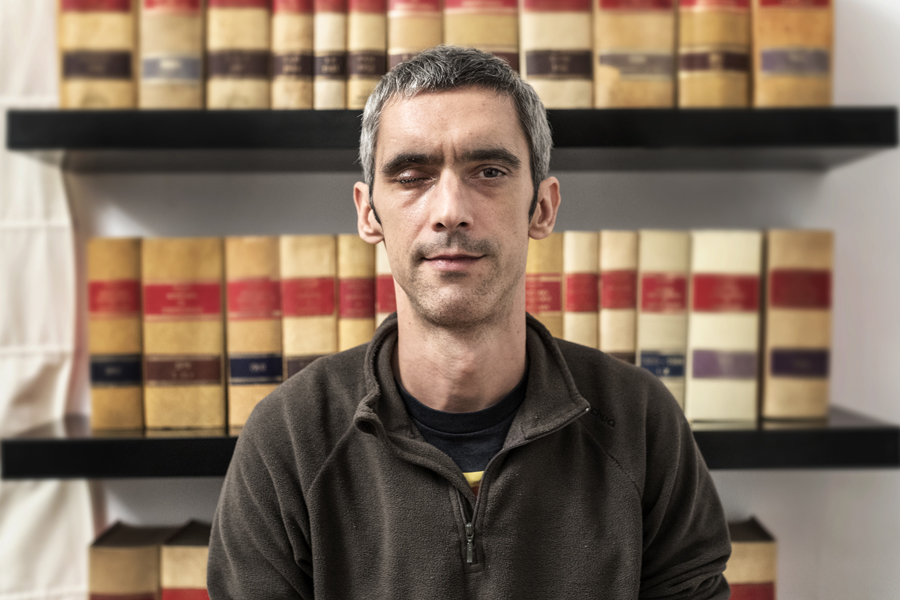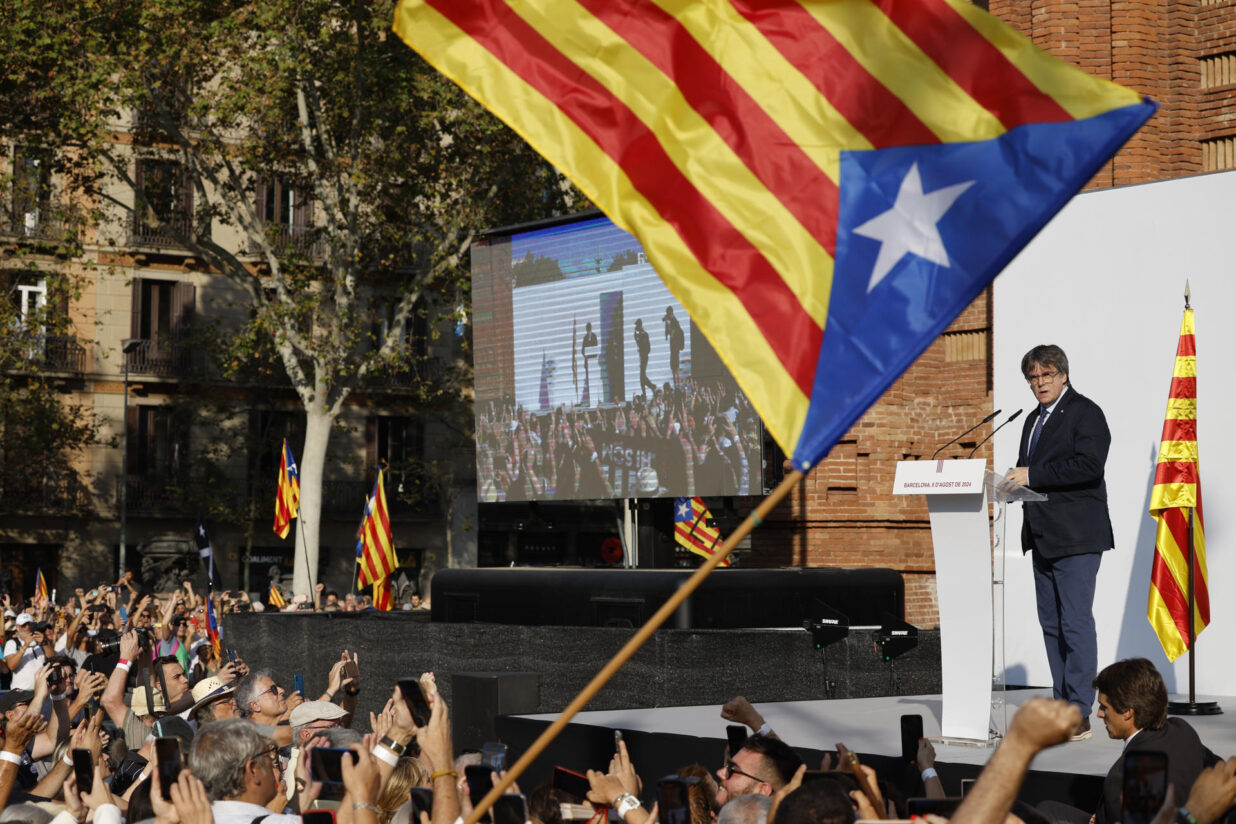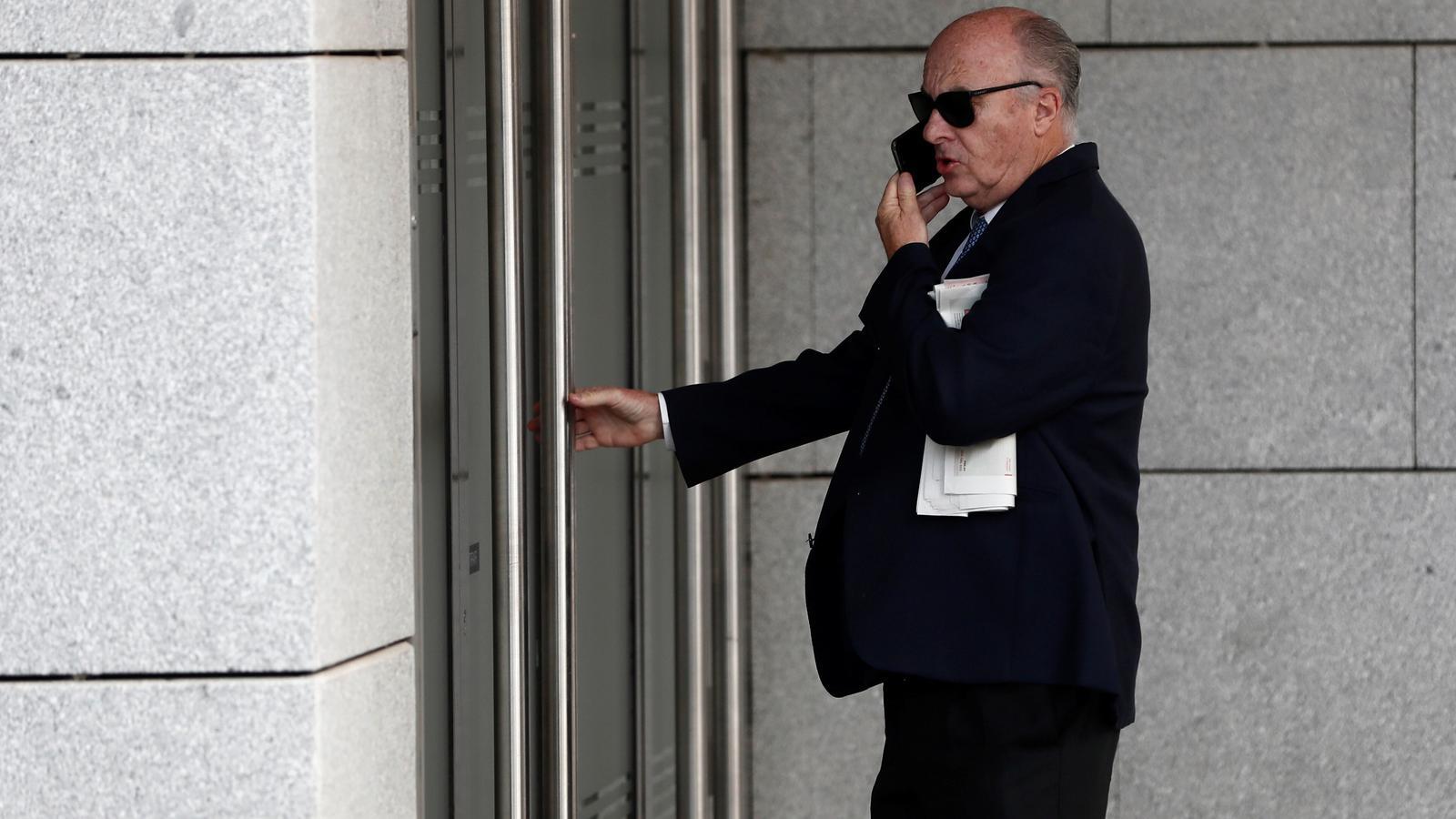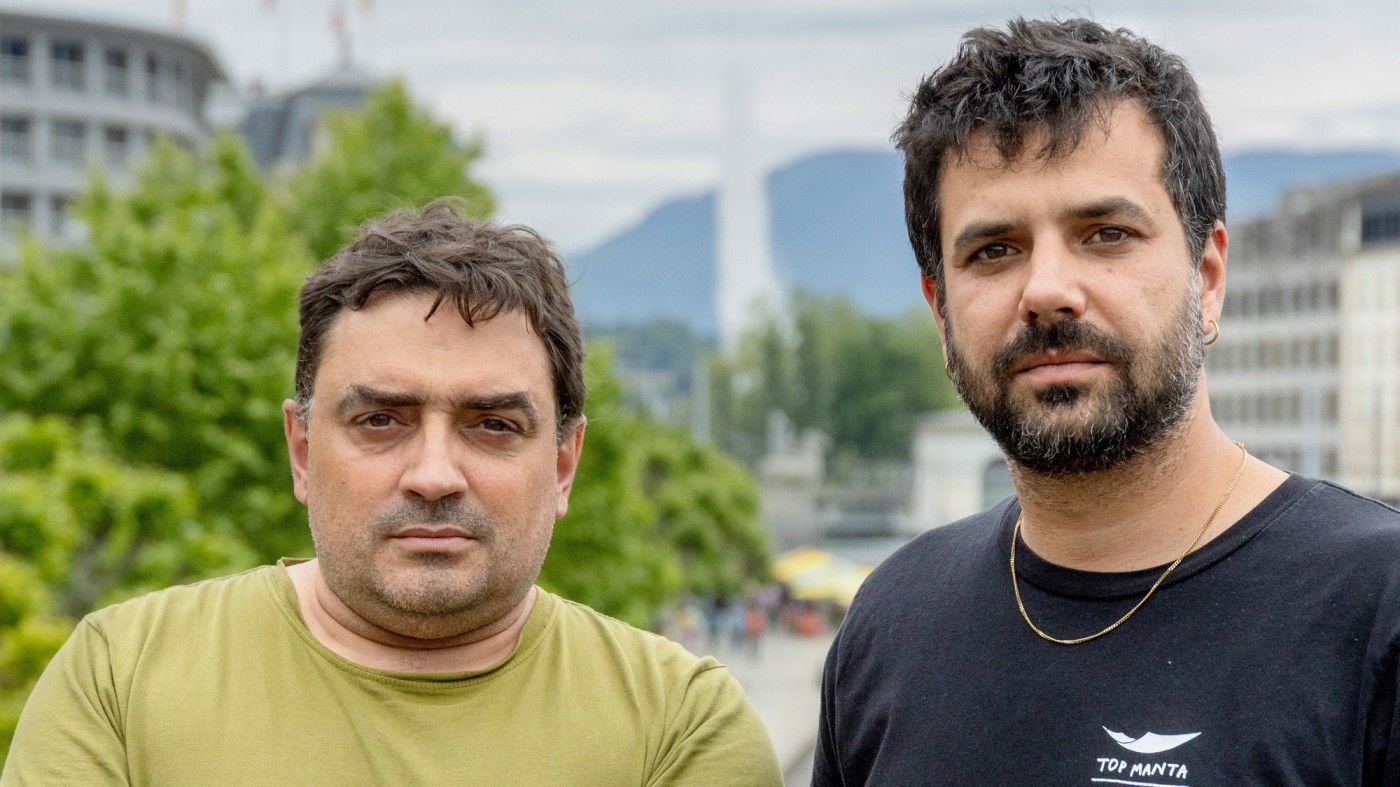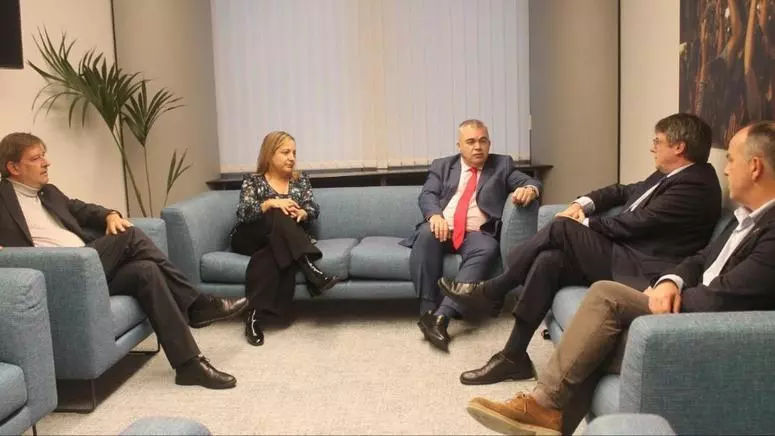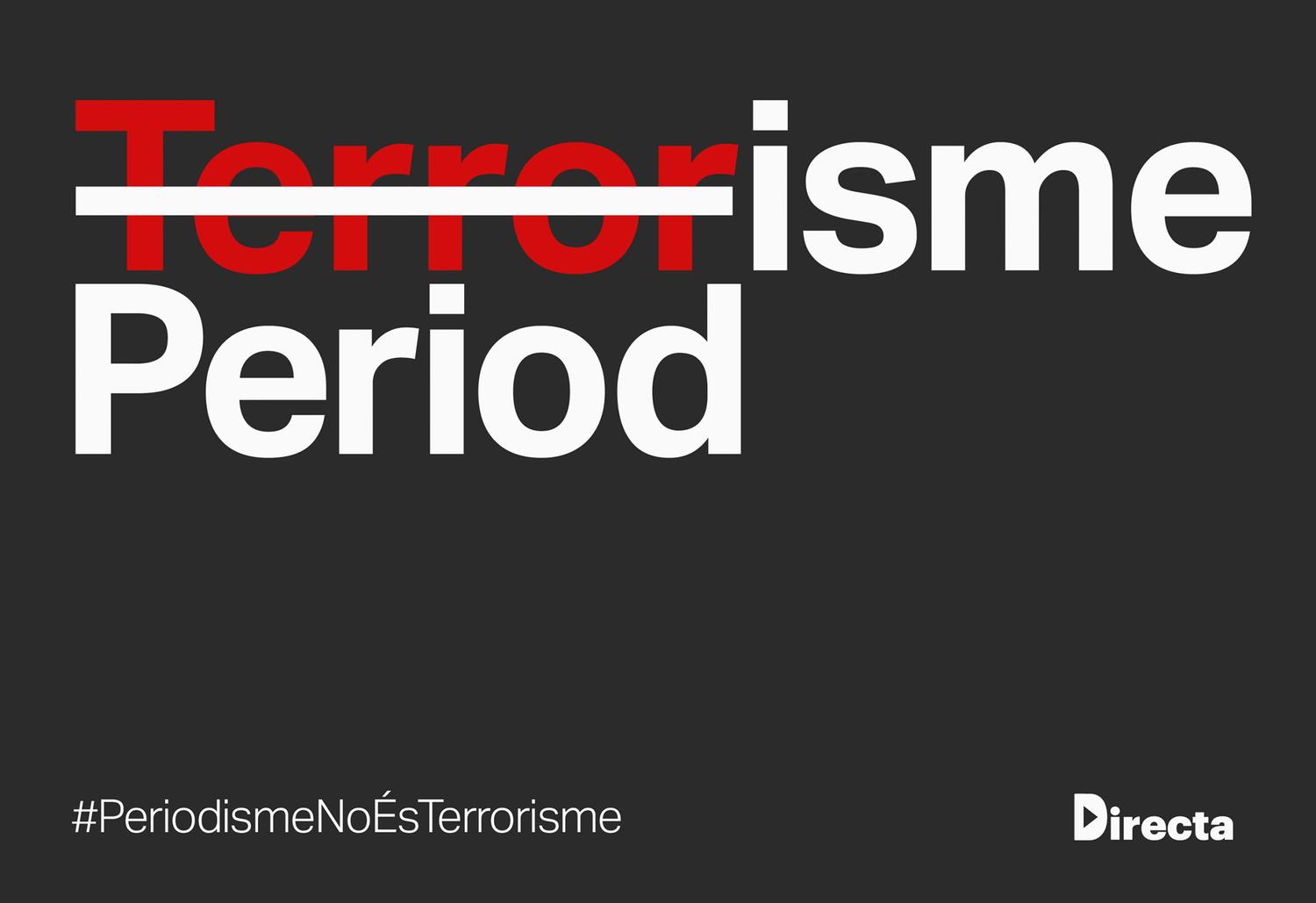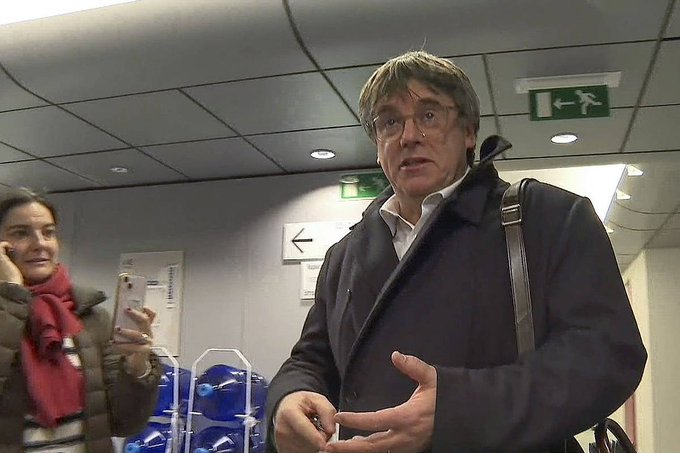"TV3 and Catalonia will go by Ràdio"
- “In these decisive times in Catalonia, it is clear that there are many means that are against the right to decide and, therefore, movements are taking place: people are changing media, in some media such as El País are censoring or leaving, new means are being created... Catalan society is repositioning itself and the media is a reflection of it.” We met with David Bou and Jesús Rodríguez, La Direct reporter, to analyze the situation from the perspective of the media.
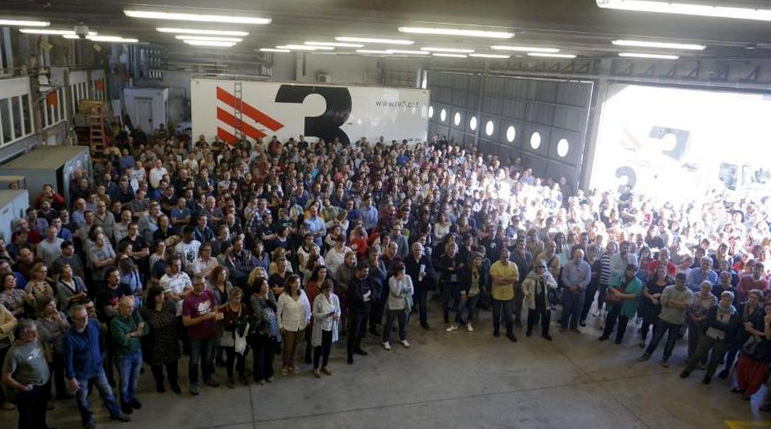
The public and private media are distinguished for the analysis. In the private sector, various digital media have been created or previously existing ones have been strengthened in the heat of the process. There they quote El Mon, born Digital and Vilaweb, for example. “These media receive public subsidies and are generating and creating news, many of them viral, giving a great projection to the story of sovereigns,” Bou explains. These media are winning subscribers, according to their own words.
On the other side of the coin there were paper newspapers. According to Rodríguez, in the last six years nearly half of the kiosks in Barcelona have been closed and, at present, the role is not so influential: “Newspapers are becoming a digital medium and the sale of newspapers has fallen by almost 70%.” In his words, “the written press is about to die,” and if newspapers like El Periódico or El País have not been closed, it is because some are putting money so that this does not happen. La Vanguardia sees a business problem: his audience is immersed in the process, while the management wants to destroy it. Hence the need to measure words if they do not want to lose thousands of subscribers.
La Direct members, who pay more attention to popular movements and social protests, are pleased. Subscriptions are booming and in this political situation they see the possibility of attracting new people to the project. To mark the day of the referendum, nineteen groups and local media joined forces in the line previously launched in the general strikes to set up the UO Agency (Agency 1 October). A total of 150 people worked that day. Despite how much you can see, the potential of these kinds of initiatives is clear: the possibilities of activating and training new people at work are enormous. Looking to the future, they say that they are reinventing their place, given the dimension that macro-politics has acquired, and aware that they cannot compete in news numbers with other media, they want to work to open gaps that put other debates on the table. “Society is now very receptive and seeks new sources and points of view to understand what is happening. It’s a great opportunity for projects like ours, there are hundreds of thousands of people with their heads open.”
Public media in the spotlight
The leadership of TV3 and Catalunya Ràdio in the field of information seems very significant to Rodríguez and Bou: “The news culture decides the mental framework of what is happening and what is not. That is why, sooner or later, they will go to TV3 and Catalunya Ràdio”. Following the implementation of Article 155 and the suspension of autonomy on issues of power chain and political structure, following the fall of the Presidency Counsellor, they recall that the leaders of TV3 and Catalunya Ràdio are underneath. “They will go looking for everything.”
The opinion of the general public is that TV3 is not at risk. “I don’t morally put myself above anyone, but sometimes I think there’s a point of innocence. However, I have to say that I am very surprised to see the extent to which mobilizations are reaching, because people were on the portals of the schools and got hit. Anyway, I think we're not aware of the size that it's taking everything. Our generation has never been in such a difficult situation, nor have we imagined the things that are going to happen, is about to happen,” says Bou.
To the question, "Where is this going?" ", Rodriguez replied with a crude reply: "Here the Unionists are not going to win the elections. Catalonia will have to be taken by force. The tiredness of a seven-year process, with everything that happened in the last month, is as hard as a stone the bloc of over two million people, and in application of Article 155 more. You cannot outlaw all the independence parties, in order to do so, you are rightly giving a coup d'état. However, they are able to apply traumatic levels of repression,” says the most difficult journalist. In his opinion, if there are deaths, the middle class may want to leave the fight, but he also believes that the opposite can happen. “I don’t see clearly how they are going to control the territory. Is it possible that they come to control Barcelona with all the strength, but to the whole of Catalonia?”
Lau agenteak lesio-delituengatik ikertzen ari dira eta horrek galarazten du 2024ko amnistia aplikatzea. Polizia horietako batek, ustez, gomazko bala batekin begi bat zartatu zion Roger Español kataluniarrari.
Walk from a train station, two friends and a hug. This hug will be frozen until the next meeting. I'll come home, he'll stay there. There, too, will be free the painful feeling that injustice wants us to catch. Jesús Rodríguez (Santa Coloma de Gramenet, 1974) is a journalist,... [+]







